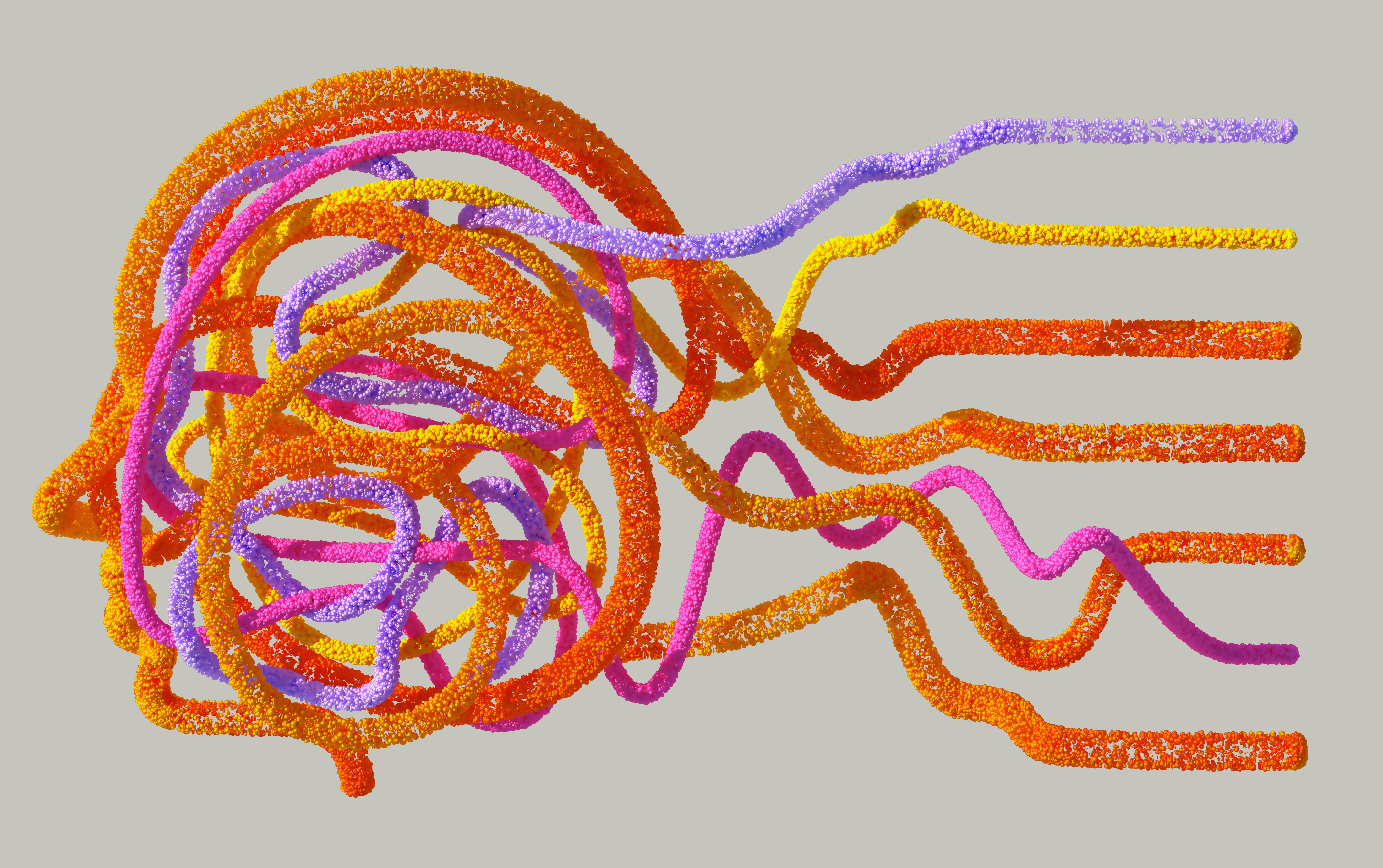



Living with chronic musculoskeletal (MSK) pain is hard enough on its own, but what often goes unrecognised is that pain rarely travels alone. It tends to bring company in the form of other health problems. Whether it's anxiety, depression, gut issues, or other chronic illnesses, the presence of pain can deeply affect many systems in the body, making daily life feel even more complicated and exhausting.
Let's unpack what we know about these common comorbidities, and more importantly, why this matters for your health and wellbeing.
One of the strongest and most consistent links in chronic MSK pain is with mental health conditions, especially anxiety and depression. This isn't just a coincidence or a matter of "thinking too much about the pain". The brain regions that process pain also overlap with those involved in emotional regulation, meaning that persistent pain can directly impact mood and mental resilience.
Here's what the research shows [1]:
What this means for you: If you're struggling with mood or anxiety alongside pain, it's not your fault. It's a recognised pattern with biological underpinnings, rooted in how our nervous system processes both physical and emotional experiences.
Gut problems are another common companion to chronic MSK pain. This isn't just because pain makes life stressful (although it does). The brain and the gut are deeply connected through what's called the "gut-brain axis". This communication highway runs between your central nervous system and your digestive system through neural, hormonal, and immune pathways. Chronic stress and inflammation can affect both systems simultaneously, and many people experience this as a mix of joint or back pain alongside bloating, constipation, or abdominal discomfort.
Key findings:
What this means for you: If your pain comes with gut symptoms, you're not imagining it. These symptoms are commonly linked because the same nervous system that amplifies pain signals can also heighten digestive sensitivity. The stress response triggered by chronic pain can slow digestion, increase inflammation in the gut, and alter the balance of gut bacteria. All of which contribute to gastrointestinal symptoms.
Chronic MSK pain also shows up alongside other long-term health conditions. These combinations can increase disability, worsen quality of life, and make treatment more complex. The relationship often works both way. Pain can make existing conditions harder to manage, while these conditions can intensify pain and slow recovery.
Common comorbidities include:
Why this matters:
Chronic pain, high blood pressure, and diabetes don't exist in isolation. They can influence each other in powerful ways. For example, pain can make it harder to stay active or sleep well, both of which are crucial for managing blood sugar and blood pressure. At the same time, diabetes can increase nerve pain and slow recovery. Recognising these links allows for more joined-up care that supports your overall health, not just one symptom at a time.
Understanding that pain is rarely just about muscles and joints is a crucial step toward better awareness. The more we understand the full picture of MSK pain, including its mental, digestive, and systemic comorbidities, the better we can recognise these patterns in ourselves and communicate them to healthcare providers.
References